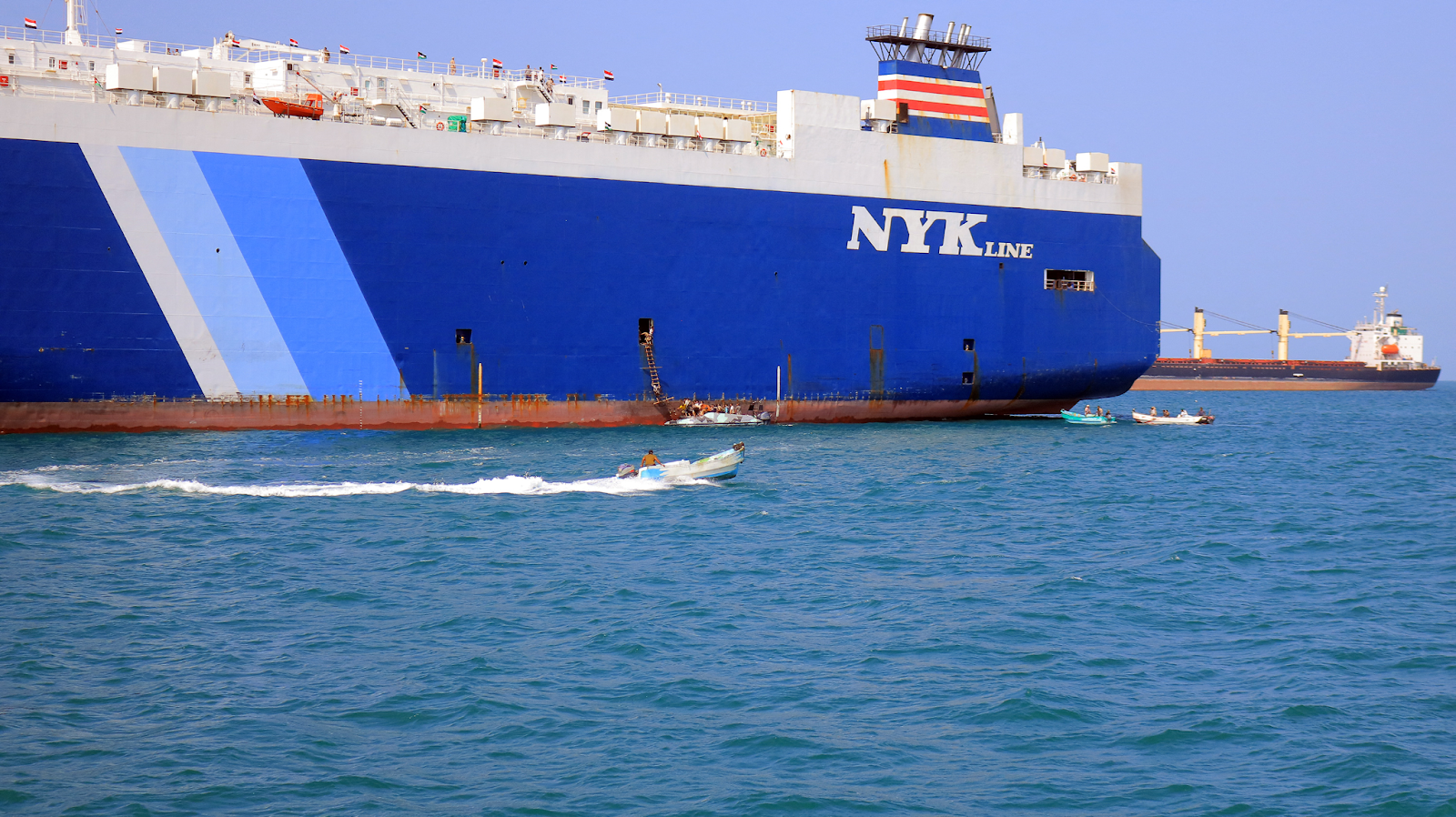The continued shipping diversions away from the Red Sea are likely to have global ramifications, particularly for European economies.
This assessment was issued to clients of Dragonfly’s Security Intelligence & Analysis Service (SIAS) on 19 January 2023.
- Two major shipping groups announced further adjustments to their freight services in the Red Sea this week including additional diversions
- The probable implications include renewed inflationary pressures, heightened anti-government sentiment and countries’ changing strategic calculus around other geopolitical flashpoints
We forecast that disruption to shipping in the Red Sea will continue to have global consequences throughout 2024. Shipping costs, particularly on the Asia-Europe route, continue to rise as of late January amid little sign that the Houthis will de-escalate their campaign of attacks on shipping off the coast of Yemen. As a result, rising costs for energy and goods will probably further galvanise populism and feed into perceived hardship across countries in Europe – and to a lesser extent the US – this year.
Strategically, the situation in the Red Sea will also probably inform the calculus of countries around other geopolitical flashpoints, such as Taiwan and South China Sea. Recent military interventions in the area by the US and the UK have, in our analysis, demonstrated that these countries still perceive protecting global shipping routes as a priority, and they are also clearly capable of doing so. As a result, this is likely to discourage other countries like China and North Korea from military adventurism, particularly in the naval domain.
Prolonged disruption to shipping likely
We have seen little sign that shipping in the Red Sea will return to normal anytime soon. Major shipping firms have continued to divert their vessels from the area since November, when the Houthis began mounting attacks on ships there. Around 20% of the world’s cargo has been rerouted as of 23 January, based on international press reports. Most recently, two major shipping firms said this week they are making further adjustments to their services in the Red Sea including new maritime diversions and making use of land corridors instead.

Shipping in the Red Sea is likely to remain liable to attacks for the coming few months at least. The Houthis remain highly intent on targeting foreign vessels in the area, despite ongoing air and other military operations against them by the US and a wider coalition. The group has repeatedly stated that it will not stop its campaign until Israel ends its military operation in Gaza; this is unlikely to happen for at least several months. In addition, the Houthis have proven adept at preserving weapons and infrastructure in the face of retaliatory strikes.
Perceived hardship fuelling populism in Europe and the US
Shipping disruption is likely to particularly affect Europe including by delaying deliveries and rising the price of goods and energy. Most trade in the Red Sea is Europe-bound, with the cargo consisting primarily of household goods, apparel and electronics. Europe is also particularly exposed to rising energy prices as it is highly dependent on such imports. This includes LNG from Qatar, which Doha suspended in mid-January; these account for 13% of European gas. European countries importing LNG from Qatar include Italy, Spain, the UK and France.
Rising inflation will probably accentuate the cost-of-living crisis in Europe. We anticipate the immediate consequences of this to be limited and differ from that of the Covid-19 pandemic; back then limited shipping supply coincided with a major spike in consumer demand. Together that pushed freight prices far above the current levels. Still, some inflationary effects will probably add to already high levels of anti-government sentiment and perceived hardship in Europe, particularly in France, Germany, Greece, Hungary and the UK.
 Shipping disruption is also likely to contribute to inflationary pressures in the US, though to a lesser extent than in Europe. This is amid restrictions in the Panama Canal which is operating at about two-thirds capacity. As a result, freight costs for ships travelling to the US West Coast (see image) have been rising, adding to existing grievances with the state of the US economy. These are likely to provide President Joe Biden’s opponents with more leverage in their presidential campaigns; popular dissatisfaction with his handling of the economy is already rife.
Shipping disruption is also likely to contribute to inflationary pressures in the US, though to a lesser extent than in Europe. This is amid restrictions in the Panama Canal which is operating at about two-thirds capacity. As a result, freight costs for ships travelling to the US West Coast (see image) have been rising, adding to existing grievances with the state of the US economy. These are likely to provide President Joe Biden’s opponents with more leverage in their presidential campaigns; popular dissatisfaction with his handling of the economy is already rife.
Changing calculus around military adventurism
The situation in the Red Sea has implications for geopolitical flashpoints, such as Taiwan and South China Sea. The US, the UK and most recently the EU have all shown their willingness to deploy military assets to protect shipping routes. As a result, countries like China and North Korea contemplating military or disruptive actions, particularly in the maritime domain, will now probably motivate such countries to carefully reconsider potential implications and refrain from military adventurism.
Image: A Houthi-seized cargo vessel in Hodeida, Yemen, in November 2023; Photo via Getty Images.



